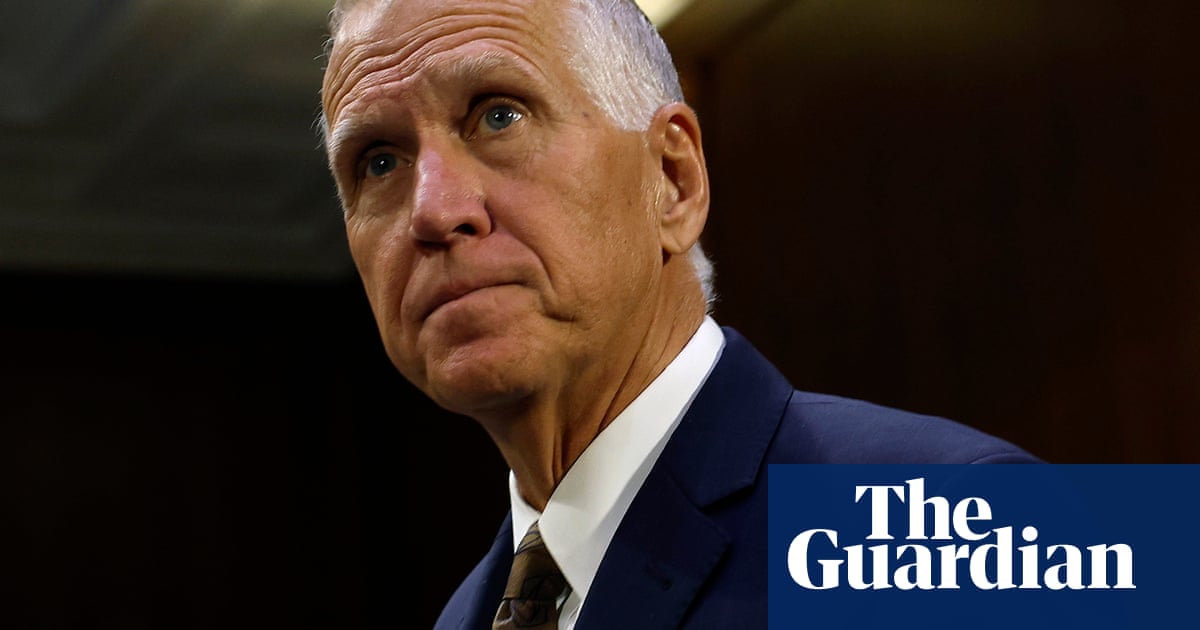Donald Trumpon Thursday said he would look for a new candidate for the role of top federal prosecutor inWashington DC, after a key Republican senator said he would not support the loyalist initially selected for the job.
The president had in February appointed Ed Martin, a former Missouri Republican party chair and ardent supporter of Trump’s baseless claims of fraud in the 2020 election, as interim US attorney inWashington DC, an office that oversees both felony prosecutions in the capital city as well as many national security cases.
Martin had quickly made clear he intended to use the role to defend Trump, writing on social media that the office would act as “President Trumps’ [sic] lawyers” and saying hewould not hire graduatesof schools that practiced the diversity policies the president has vilified.
Interim US attorneys must leave the role after 120 days unless they are confirmed by the Senate. Earlier this week, Thom Tillis, a North Carolina Republican who serves on the chamber’s judiciary committee, said he would not advance Martin’s nomination, denying the GOP the votes needed to get his nomination through the committee.
Speaking at the White House on Thursday, Trump called Martin “a terrific person” but said “he wasn’t getting the support from people that I thought”.
He added: “He wasn’t rejected, but we felt it would be very, it would be hard. And we have somebody else that will be announcing over the next two days who’s going to be great.”
Tillis, who will be a prime target of Democrats in next year’s midterm elections, cited Martin’s support for Trump’s pardon of January 6 insurrectionists on his first day in office.
“I have no tolerance for anybody who entered the building on January the sixth, and that’s probably where most of the friction was,” Tillis told reporters at the Capitol.
“If Mr Martin were being put forth as a US attorney for any district except the district where January 6 happened, the protest happened, I’d probably support him, but not in this district.”
The top judiciary committee Democrat, Dick Durbin, welcomed Martin’s withdrawal.
“Mr Martin’s record made it clear that he does not have the temperament or judgment to be entrusted with the power and responsibility of being US attorney for the District of Columbia. I’m relieved to see that his nomination will be withdrawn by the White House,” Durbin said in a statement.
Earlier this month, National Public Radioreportedon ties between Martin and Timothy Hale-Cusanelli, a January 6 rioter whom federal prosecutors called a “Nazi sympathizer”. Martin had told the Senate “I am not close with him”, despite appearing with Hale-Cusanelli at events and praising him.
Martin is known for being active on X and, shortly after Trump announced the withdrawal of his nomination,postedwhat appears to be a doctored photo of himself dressed as the pope.
